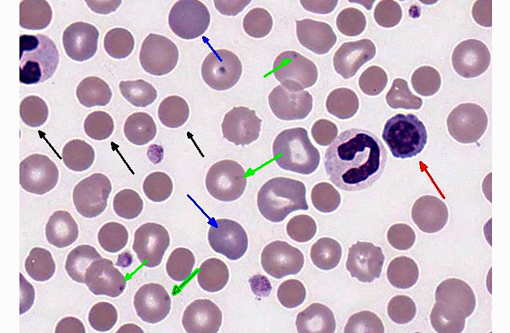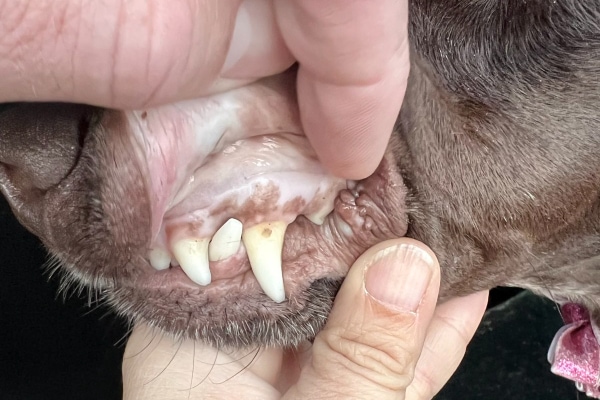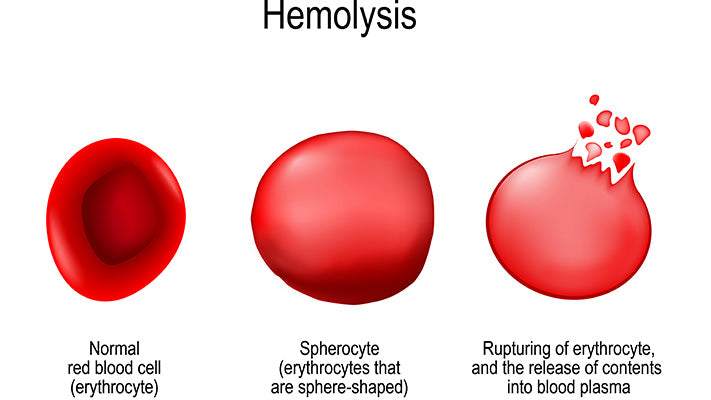Introduction:
Autoimmune hemolytic anemia in dogs, often abbreviated as AIHA, is a complex and potentially life-threatening condition. In this disorder, a dog’s immune system mistakenly attacks its red blood cells, leading to their destruction. This results in a decreased number of circulating red blood cells, causing anemia and potentially severe complications.
AIHA can be classified into two main types: primary or idiopathic AIHA, where the cause is unknown, and secondary AIHA, which occurs as a result of underlying conditions such as infections, cancers, or medication reactions. The keyword “autoimmune hemolytic anemia in dogs” is a crucial term in understanding this concerning health issue.
Causes and Risk Factors
The exact cause of primary AIHA in dogs remains unclear, but it is believed to involve a malfunction in the immune system, where it recognizes the dog’s red blood cells as foreign and attacks them. Secondary AIHA may be triggered by various factors, including infections such as ehrlichiosis or babesiosis, certain medications, or underlying diseases like cancer or immune-mediated disorders.

Signs and Symptoms
Identifying the signs of AIHA in dogs is crucial for early intervention. Dogs affected by this condition may exhibit symptoms such as lethargy, weakness, pale gums, jaundice (yellowing of the skin or whites of the eyes), dark urine due to the presence of bilirubin, and an increased heart rate or respiratory rate. The presence of “autoimmune hemolytic anemia in dogs” in the bloodstream might signify the severity of the condition.
Recommended:
Diagnosis and Veterinary Intervention
Diagnosing AIHA involves a combination of physical examination, blood tests (including a complete blood count and blood smear), and specific tests to detect antibodies or evidence of red blood cell destruction. Once diagnosed, prompt veterinary intervention is vital. Treatment aims to stabilize the dog’s condition, alleviate symptoms, and address the underlying cause if identified.
Treatment Approaches
Treatment for AIHA in dogs often involves a multifaceted approach. This may include
- Immunosuppressive drugs such as corticosteroids to suppress the immune system’s response,
- Blood transfusions to address severe anemia, and
- Medications to manage symptoms like jaundice or increased heart rate.
In severe cases or those unresponsive to standard treatment, more intensive therapies may be considered.
Prognosis and Long-Term Management
The prognosis for dogs with AIHA varies depending on the severity of the condition, the underlying cause, and the dog’s response to treatment. Some cases can be successfully managed, allowing dogs to lead fulfilling lives, while others may be more challenging to control. Long-term management often involves regular veterinary check-ups, monitoring blood parameters, and potential adjustments to treatment as needed.
References:
- American Veterinary Medical Association (AVMA)
- VCA Hospitals
- Journal of Veterinary Internal Medicine
- Canine Journal.com


